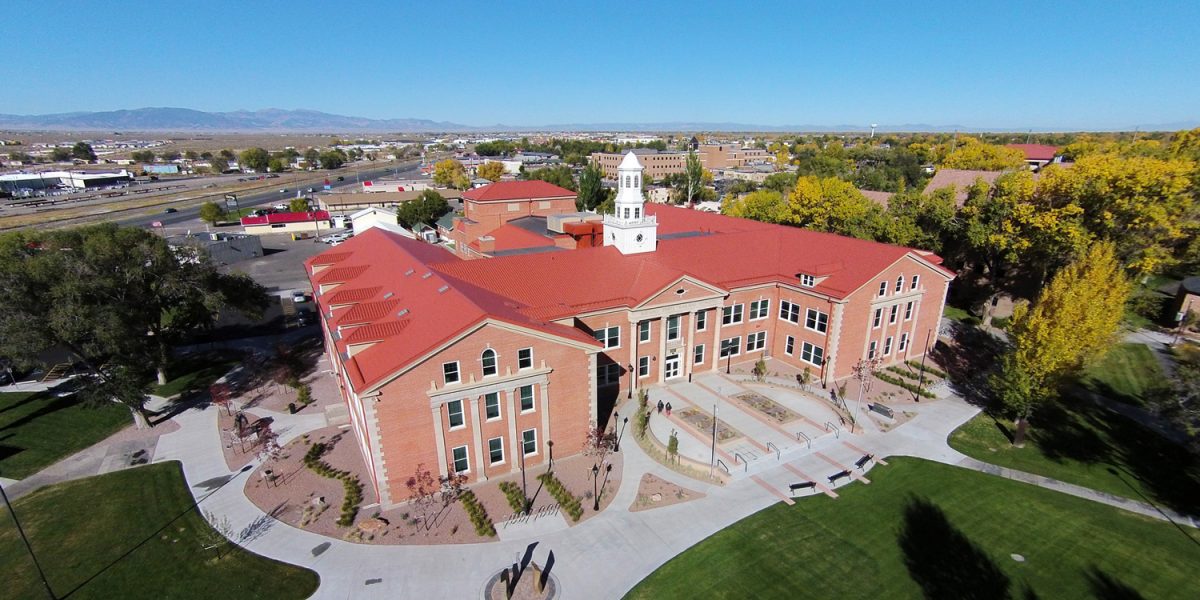Associated Student & Faculty Senate (AS&F)
AS&F was created to be a collective voice for the Adams State University student and faculty body at the campus, local, and state levels. It is an active body founded on the premises of shared governance and peer guidance for students and faculty, that provides an opportunity for all students to actively contribute to the academic and social climate of the campus.
Contingent Faculty and Instructor Council (CFIC)
The Mission of the Adams State Contingent Faculty and Instructors Council is to strengthen our relationship with the university in order to improve communication and working conditions.
Classified Employee Council (CEC)
The Classified Employee Council is the advocacy group for Classified Employees at Adams State.
Faculty Senate
The Faculty Senate represents the Faculty and serves an integral and vital role in the shared governance of Adams State University. The Faculty Senate’s primary rights and responsibilities are the development of curriculum content, the determination of methods of instruction, the conducting of academic research, and the assessment of faculty status. It is the Senate’s role to insure that the faculty’s rights and responsibilities are effectively supported, through shared governance, by the Board of Trustees, the administration, and other campus entities or constituents.
Curriculum Review Committee (CRC)
CRC is a subcommittee of the Faculty Senate whose charge is to review, approve, and critique academic program reviews, changes, or additions to all course and/or curriculum, annual student assessment, accountability data, and to address other issues that relate to curriculum. The committee’s work helps ensure the integrity of the University academic curriculum in the spirit of shared governance.
Faculty Technology Advisory Committee (FTAC)
The Faculty Technology Advisory Committee is a subcommittee of the Faculty Senate. Its main purpose is to serve as a liaison to communicate the instructional technology needs of faculty to the university administration and to help determine instructional technology priorities for campus-wide planning purposes. The committee is composed of faculty members who represent their respective disciplines.
General Education Curriculum Committee (GECC)
GECC is a subcommittee of the Faculty Senate charged with reviewing and critiquing annual student assessment and accountability data, as well as reviewing and approving revisions to the general education curriculum.
Professional Administrative Staff Council (PASC)
PASC represents all personnel of Adams State University who are exempt from the Colorado State Personnel System and who are not faculty members. PASC seeks to:
- To support the vision, mission, values and goals of Adams State University
- To serve as a representative body for the professional administrative staff
- To participate in the development of policy matters at Adams State that affect the professional administrative staff
- To serve as an advisory or recommending body for the university president, president’s executive team members, president’s cabinet and other groups or organizations whose policies and/or procedures affect the professional administrative staff
- PASC members are elected by their peers from within 5 different administrative areas on campus. Representatives from PASC participate on the President’s Cabinet.
American Association of University Professors (AAUP)
The mission of the American Association of University Professors (AAUP) is to advance academic freedom and shared governance; to define fundamental professional values and standards for higher education; to promote the economic security of faculty, academic professionals, graduate students, post‐doctoral fellows, and all those engaged in teaching and research in higher education; to help the higher education community organize to make our goals a reality; and to ensure higher education’s contribution to the common good. The Adams State chapter of the AAUP hopes to serve an educational role as a conduit relaying some of AAUP’s best practices through collaboration and advocacy.



